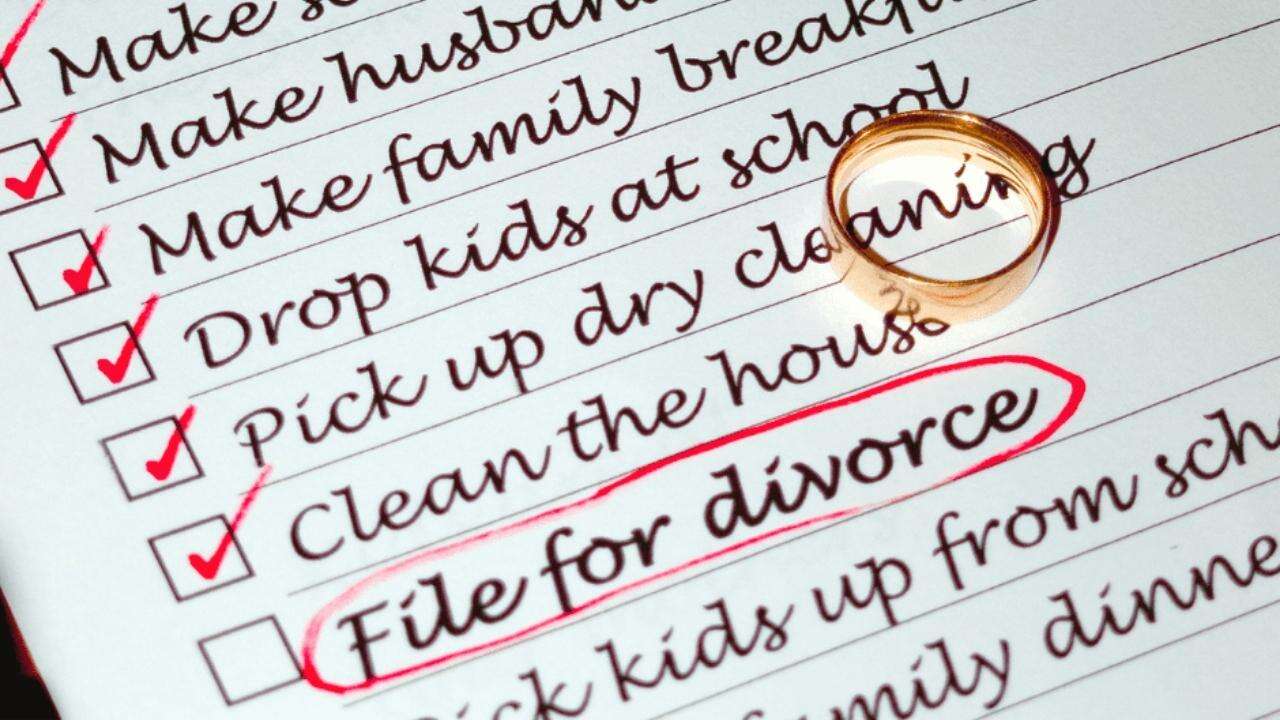When it comes to planning to divorce in Illinois, many people ask what they should do to prepare for divorce, and those lists are a dime a dozen. In my experience as a Chicago divorce attorney, it is far more common for people to make mistakes and do things they should not have done, which can be very difficult to later rectify.
Here are 7 Things You Should NOT Do If You are Planning to Divorce in Illinois:
-
Do not leave items accessible to your soon-to-be Ex unless they are replaceable.
Perhaps you have family heirlooms in your home. Furniture, jewelry, old family photo albums or other items that you cannot replace somehow become very susceptible to damage and/or disappearing once one person tells the other that they are filing for divorce. The best way to protect these items is to remove them from the other party’s access. Keep in mind, though, that in the event your spouse will contest the marital versus non-marital nature of any of these items, you will want to hold on to them. Do not sell them or if it is found they were marital, you may end up owing your soon to be ex-spouse for half the value.
-
Do not tell your spouse that you do not want to pay child support.
It is no secret that the cost of child support is very high. The cost of raising children is very high. Costs seem to become even higher once you’re in a one-income household with the same bills you previously had in a two-income household. Divorce means adjusting your spending, period. Child support becomes the number one priority that must be paid each month or you could face jail time. Most people realize this and will make the mistake of putting something in writing, via text message or email, or via voicemail stating they will not or do not want to pay child support. This is almost always going to backfire on you and evidence of this can be used to make you look bad later.
-
Do not stop paying the bills you are responsible for.
Who pays the bills in your marriage? If you always paid the mortgage, it is best that you continue to do so. If you always paid the car bill, continue to pay it. It is best to keep the status quo on all bills until you and your spouse can go into court and enter a temporary order regarding who will pay which bills, or if a lump sum of temporary support should be paid. Otherwise, if you just stop paying, you are opening yourself up to a potential emergency motion to maintain the status quo and ensure important bills and upkeep of assets remain current and do not default.
-
Do not spend a bunch of money “revenge shopping”.
If you are about to file for divorce, heading to Michigan Avenue or Amazon.com to do some revenge shopping will backfire. Illinois has a law regarding dissipation, which is the misuse of marital funds. If you did not buy expensive designer purses regularly during the marriage, doing so after your separation from your spouse is not a good plan. You could be forced to reimburse your spouse for 50% of all purchases or monies spent for a non-marital purpose. This also includes purchases for a significant other (jewelry, vacations, etc.).
-
Do not try to “hide” your assets when planning to divorce.
During a divorce, you will go through the discovery process which opens up your finances for the past three to five years, in most cases. So, closing all of your bank accounts the second someone files for divorce, or removing large sums of money from your accounts without being able to prove where it went or what happened to it will most certainly backfire. Taking cash and “hiding” it will be detected through the discovery process and you may have to pay a percentage of said “lost” cash to your spouse. Under Illinois’ dissipation laws, even if you “don’t have it anymore” on paper you will still be responsible for it.
-
Do not try to turn your children against the other parent or their family.
This one is huge.
Anytime a parent badmouths the other parent or their family to their children, it almost always backfires. The children will end up angry at you in the end. Even if your spouse caused the divorce or did you wrong, they will likely protect their other parent (and they’d likely do the same if the other parent bad-mouthed you). The divorce is between the parents, not between the children and the parents. Everyone should act accordingly to maintain what is in the children’s best interests. You should do this like a good parent anyway. However, if that is not enough motivation, know that judges and Guardian Ad Litems despise this sort of behavior. More importantly, if the court finds that your bad-mouthing rises to the level of parental alienation, you could face your children moving in with your spouse.
-
Do not act as if you won’t have to see your soon-to-be ex ever again, especially if you have children.
This one never ceases to amaze me.
Some parents think they can be nasty during divorce because their ex is out of their life. If they have children, they couldn’t be more wrong. They will share recitals, graduations, and holidays as their children grow older. Later, they will attend events for grandchildren and more. Once you have children with someone, you will see them at milestone events. This continues throughout life. Don’t do anything to make it even more uncomfortable than it already will be.
Your children likely won’t tolerate you and your ex not getting along. When they are adults and have their own children, they will want to share holidays and similar occasions. Believe me, you will end up missing out if you cannot behave properly. Best to start this one early on.
If you are contemplating divorce or think your spouse is, it is important to make smart decisions and seek advice from experienced divorce attorneys. Contact our office today to schedule a confidential consultation about your family law matter or taking the right steps in planning for divorce.
















